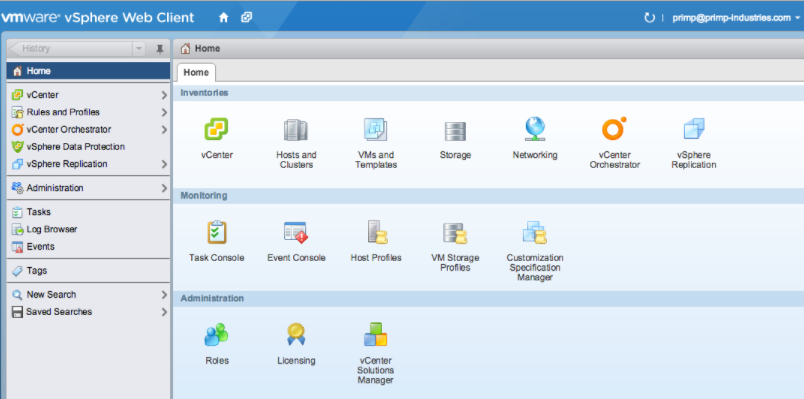A critical vulnerability in the open-source logging software Apache Log4j 2 is fueling a chaotic race in the cybersecurity world, with the Apache Software Foundation (ASF) issuing an emergency security update as bad actors searched for vulnerable servers.
Log4j 2, developed by the ASF, is a widely used Java package that enables logging in an array of popular applications. The bug, tracked as CVE-2021-44228, is a zero-day vulnerability that allows unauthenticated remote code execution (RCE) that could give attacks control of the systems the software is running in.
The vulnerability – which has been dubbed Log4Shell – has been given a severity score of 10/10, the highest score possible. The Apache Foundation released an emergency patch as part of the 2.15.0 release of Log4j 2 that fixes the RCE vulnerability.
The software is used by both enterprise applications as well as cloud-based services, and the vulnerability could have wide effects on enterprises, according to security professionals. Log4Shell reportedly also can impact the default configurations of several Apache frameworks, such as Apache Struts2, Apache Druid and Apache Flink.
